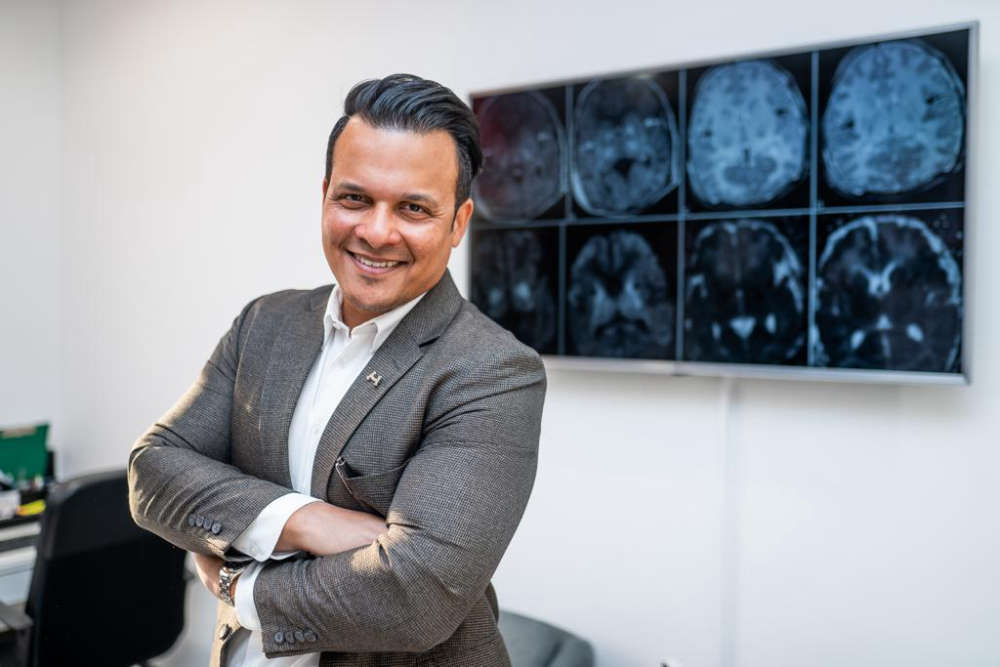
The number of school pupils in the UK with special educational needs increased to 1.49 million in 2022. Between 2% and 5% of school-aged children have ADHD and nearly 2% are on the autistic spectrum. But there’s still a remarkable lack of awareness about how children with neurodiverse conditions such as ADHD, autism and dyslexia can be supported in mainstream schools.
Dr Arif Khan is a paediatric neurologist and the founder of Neuropedia, a comprehensive children’s neuroscience centre. Hanna asked him about the myths surrounding children with neurodiverse conditions, why school can prove such a struggle for them and how the education system can help those with special educational needs to flourish.
What sort of misconceptions do people have about children with autism and other special educational needs?
In my career, over the last twenty years, I have come across many weird and wonderful myths. I’ve seen people being scared of children with autism. I’ve seen people thinking that autism is communicable. I’ve seen people talking about a child with autism and his or her behaviour as being ‘mentally retarded’, which is obviously not true. I’ve seen authorities and organisations such as cinemas – and even schools – not knowing what’s going on with a child who has an outburst in a particular situation because the sensory input is too much for them to handle, and they start blaming parents.
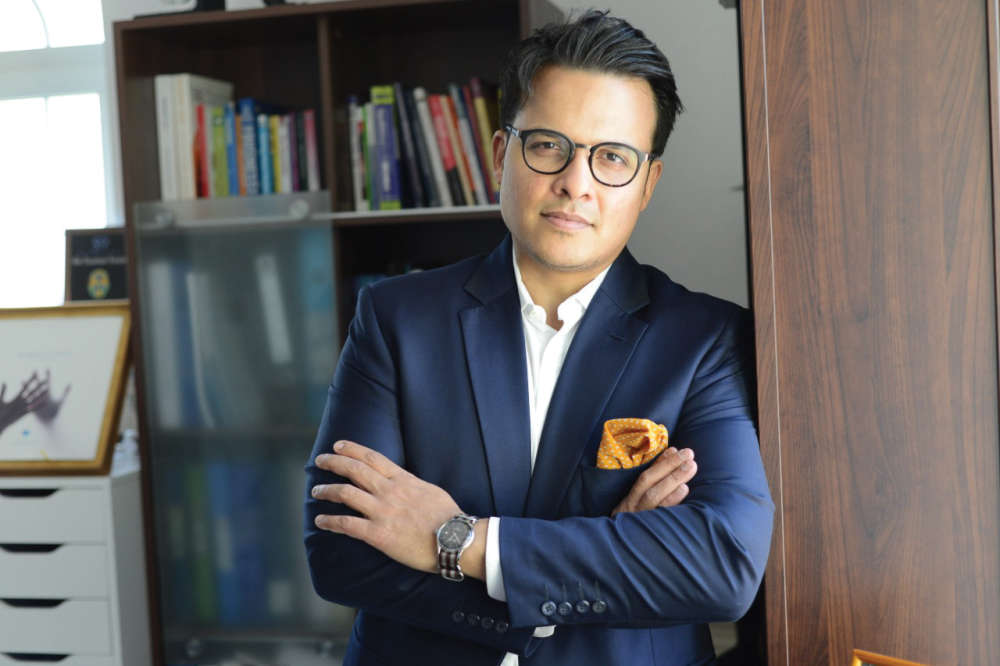
Why can school be such a challenging environment for children with autism?
The problem [faced by children on the autistic spectrum] is three-fold. Number one, they have a problem with communication. And it's not just verbal communication, it also includes gestural, non-verbal communication – eye contact, hand movements. Number two, they have a problem with social interaction. They don’t understand the nuances of looking into someone’s eyes and building up a social relationship, or playing with someone to build up a rapport. Number three, they are fixated on certain mannerisms. These are the main areas where they exhibit symptoms – intelligence and ‘being smart’, however, is not one of them.
So it’s communication with teachers and other children that can be a problem?
We have to remember that when we send our children to school, they already have a level of social understanding and communicative abilities which children with autism don’t. In the UK, for example, 71% of children with autism go to mainstream school. That’s the right thing to do, because they have the ability to achieve higher things in life, but the problem is that the teachers, the management and the educational system is not trained to teach these children differently.
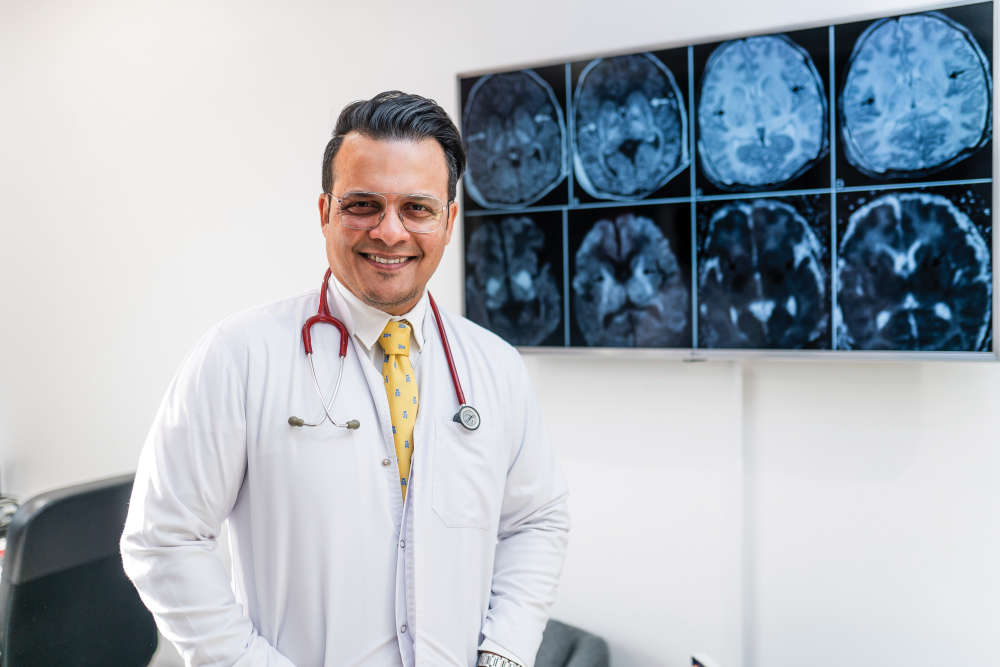
How do they need to be taught differently?
Firstly, many of them are visual learners. The second issue is sensory. So, for example, if a child is sitting underneath a skylight and they are hypersensitive to bright light then there is no way they are going to pay attention to what’s going on in the classroom. You need to identify their sensory needs. And to do this, you need what is known as an individual education plan (IEP). Every child does get it, but not fully in most areas. This needs to be strengthened so that every child going into a mainstream school with a diagnosis of autism gets an IEP going forward.
What else needs to change?
A lot of awareness is needed, a lot more education in this area is required. We should start with the places where these kids actually go – school – and then move on to secondary areas like cinema halls and shopping malls. People need to understand what autism is and how to handle it if you do see a child struggling to manage themselves. [At Neuropedia] we go to schools to give symposiums to groups of parents, teachers, counsellors and assistant teachers explaining to them what the red flags are to pick up on. Awareness is really important.
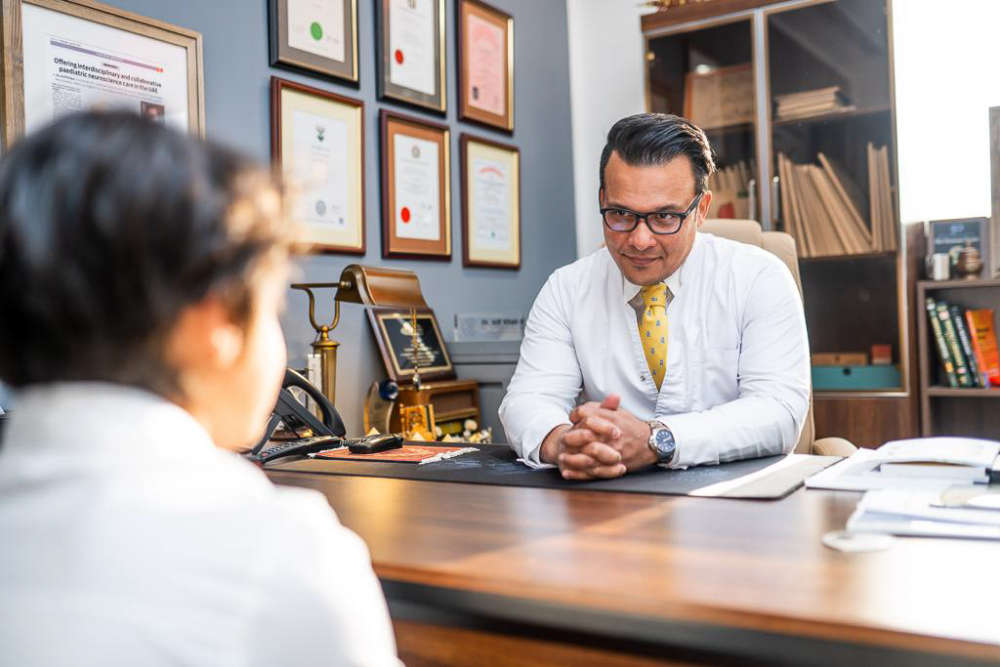
There’s been a dramatic spike in diagnoses of ADHD (attention deficit hyperactivity disorder) and ADD (attention deficit disorder) in recent years – do we also need to boost awareness of these conditions?
I think even more than autistic spectrum disorder (ASD), ADHD and ADD awareness is required. That’s simply because ASD is picked up very easily because the symptoms are strong – you can’t miss them. ADHD and ADD are pretty much the same – one has more hyperactivity and the other less – but inattention and impulsivity are common to both. That’s the main problem with these conditions. The reason we need to pick them up early is because they can go under the carpet. So we have children who have been classified as ‘naughty’, being in trouble and disrupting the whole classroom, [perhaps even] being kicked out of many schools before parents realise ‘okay, let’s get them to a doctor and see what’s wrong’.
Why is a diagnosis so important?
When you realise that a child has ADHD, you put them on treatment, and within a few months or even a few weeks, they can focus, they can pay attention, their performance improves, their confidence increases, they start making new friends – the cycle sets in and you’ve just changed that child’s life completely. That’s why I always tell parents that if a child is struggling at school and you don’t know why, get them to your nearest neurologist, psychiatrist or psychologist for an assessment. The same thing goes for dyslexia. [Both conditions] ideally have to be identified early. If you are able to do that, you can bring about great improvements in a child’s performance and for their future.

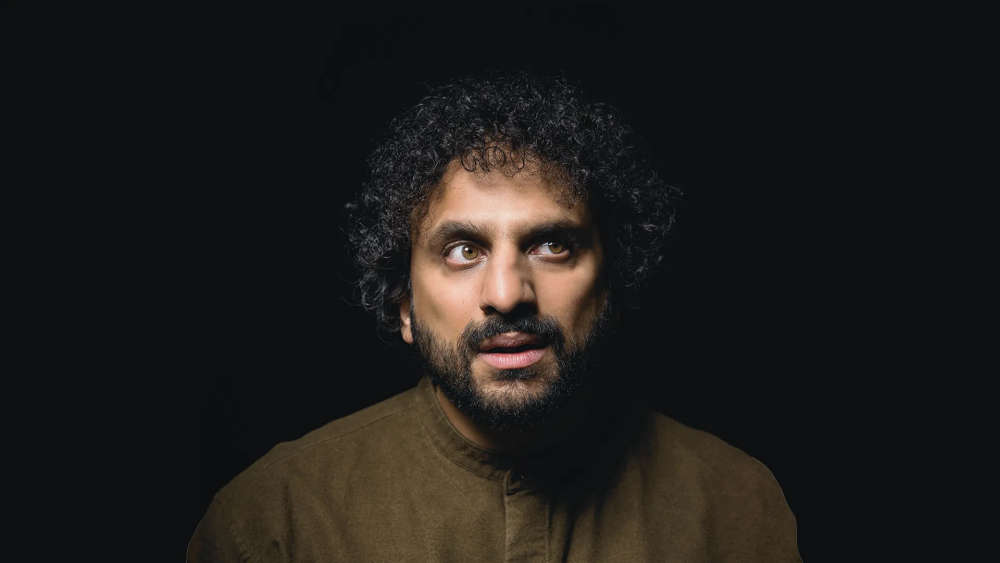 "I quite like to end up with a setlist that involves a catalogue of human misery..." Nish Kumar on his return to stand-up comedy
"I quite like to end up with a setlist that involves a catalogue of human misery..." Nish Kumar on his return to stand-up comedy
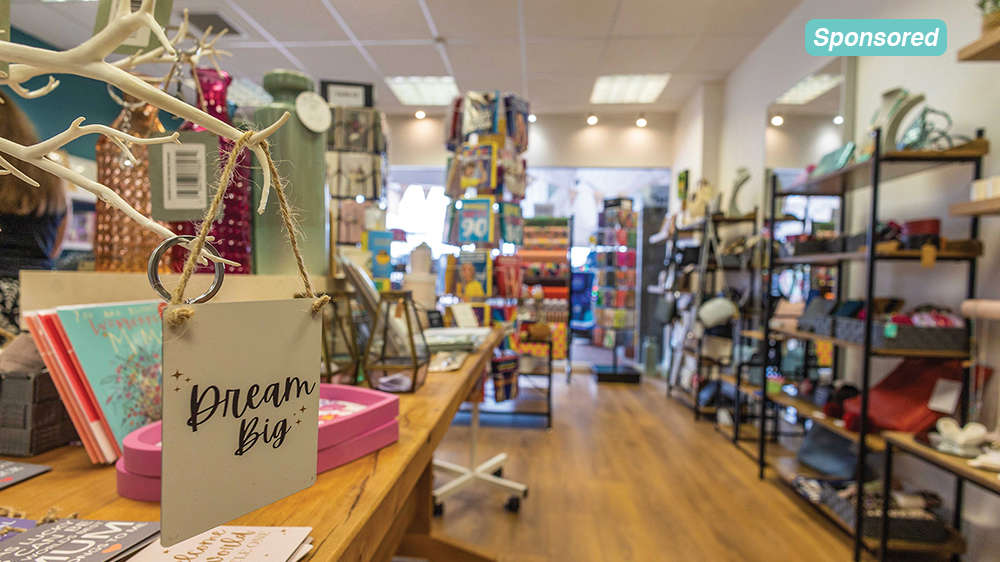 Pure Inspiration
Pure Inspiration
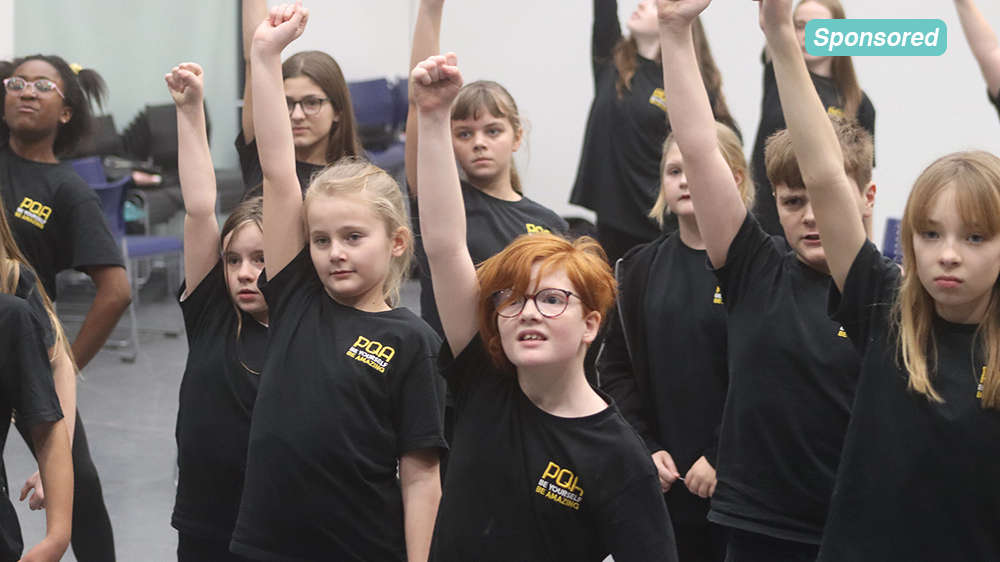 Creating a Dream at The Pauline Quirke Academy
Creating a Dream at The Pauline Quirke Academy
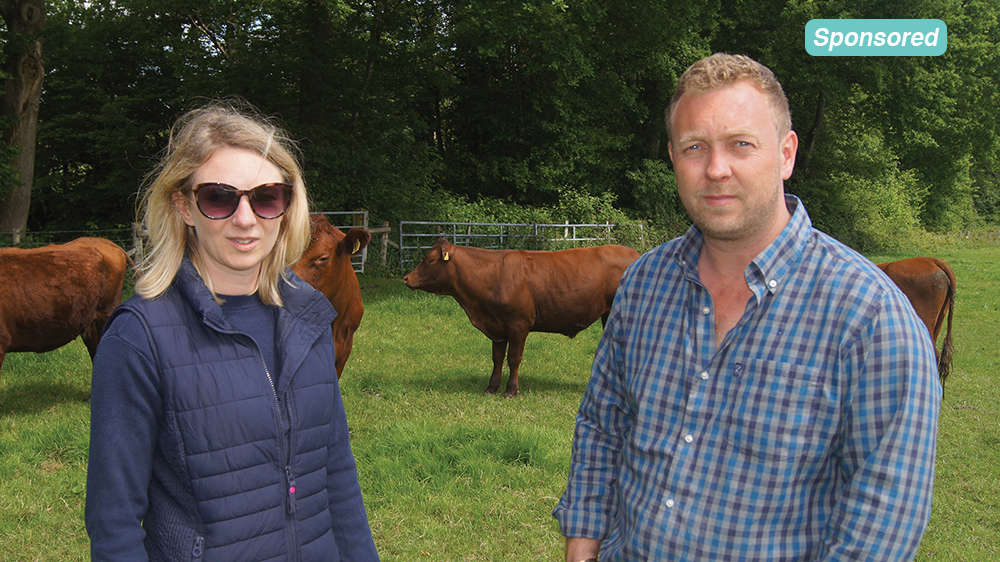 A Little Slice of Heaven
A Little Slice of Heaven
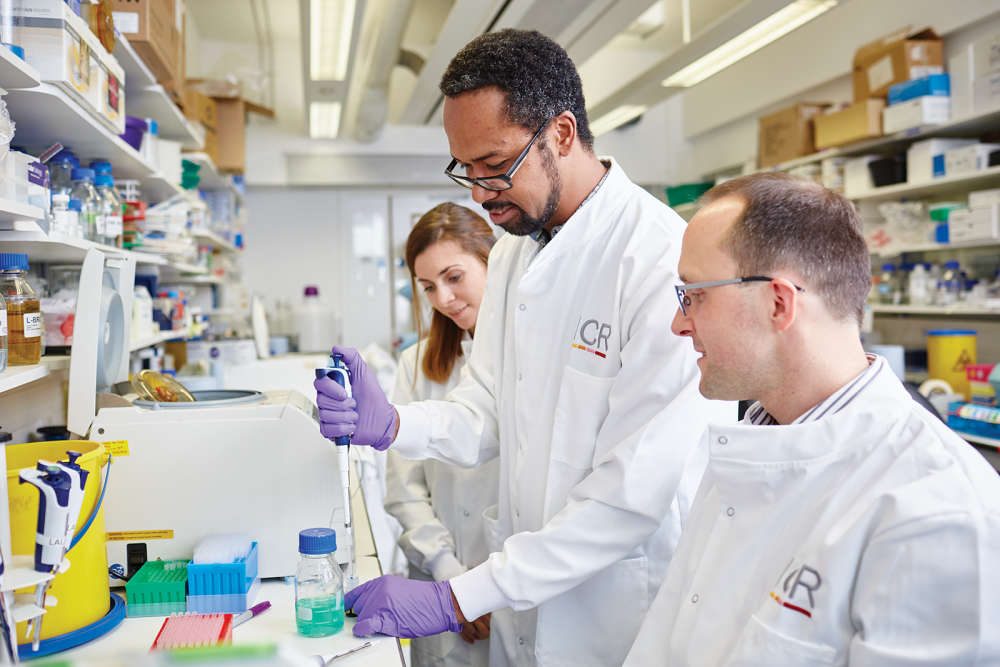 Charity: Institute for Cancer Research
Charity: Institute for Cancer Research
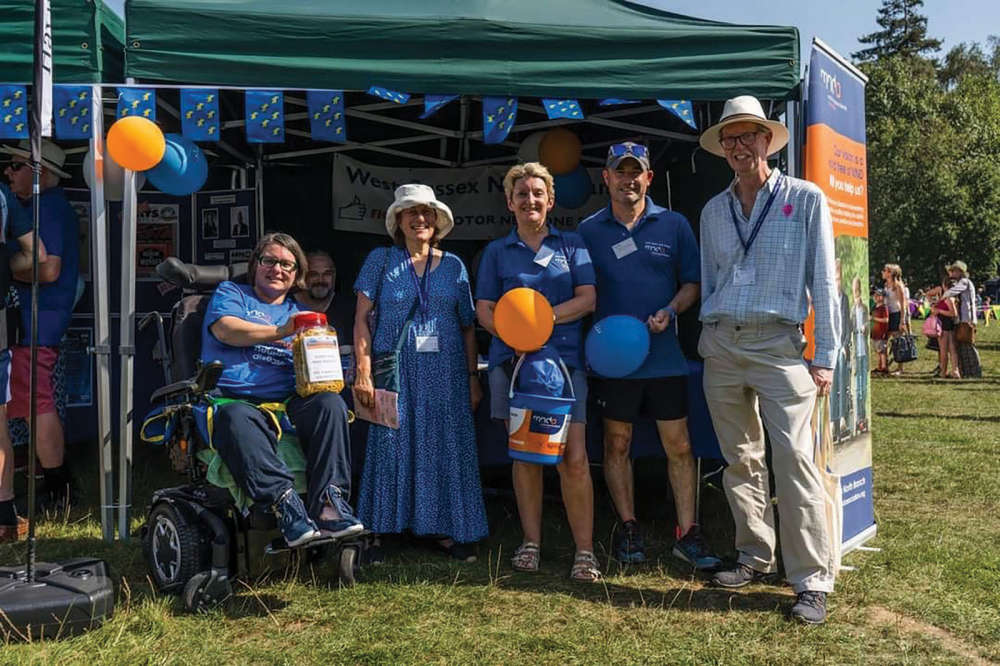 Volunteer for Motor Neurone Disease Association
Volunteer for Motor Neurone Disease Association
 Riding to Success
Riding to Success
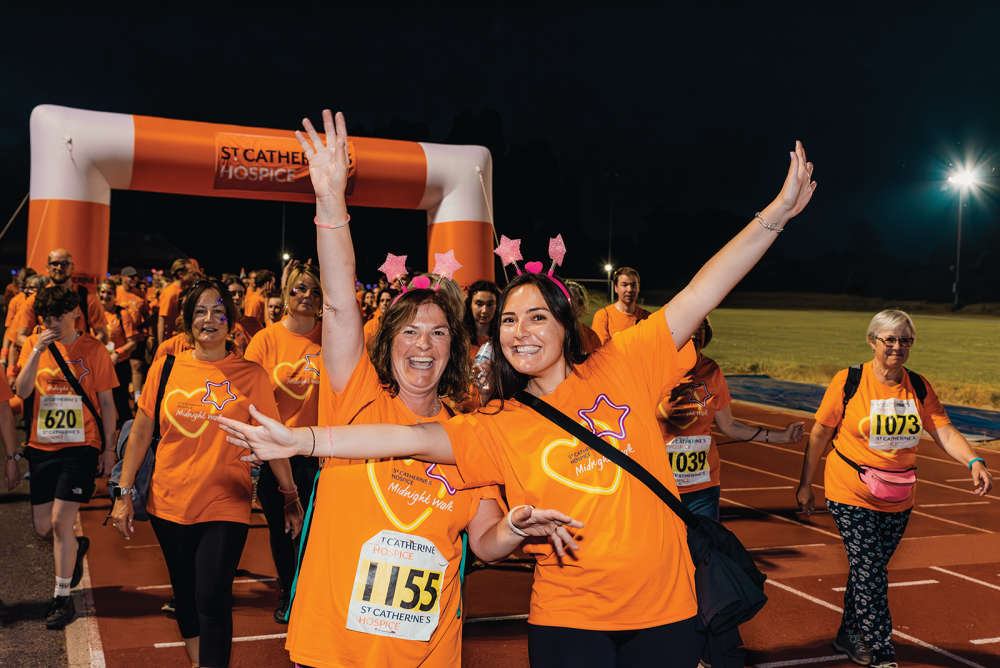 Step out for St Catherine’s Hospice
Step out for St Catherine’s Hospice
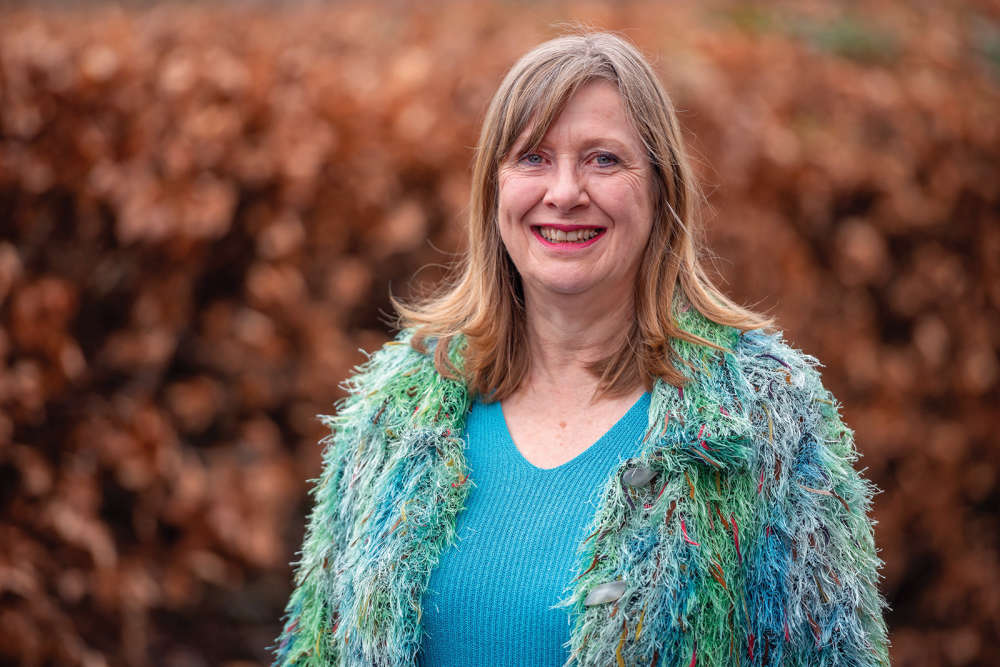 Homes for Ukraine: Opening Your Home and Your Heart
Homes for Ukraine: Opening Your Home and Your Heart
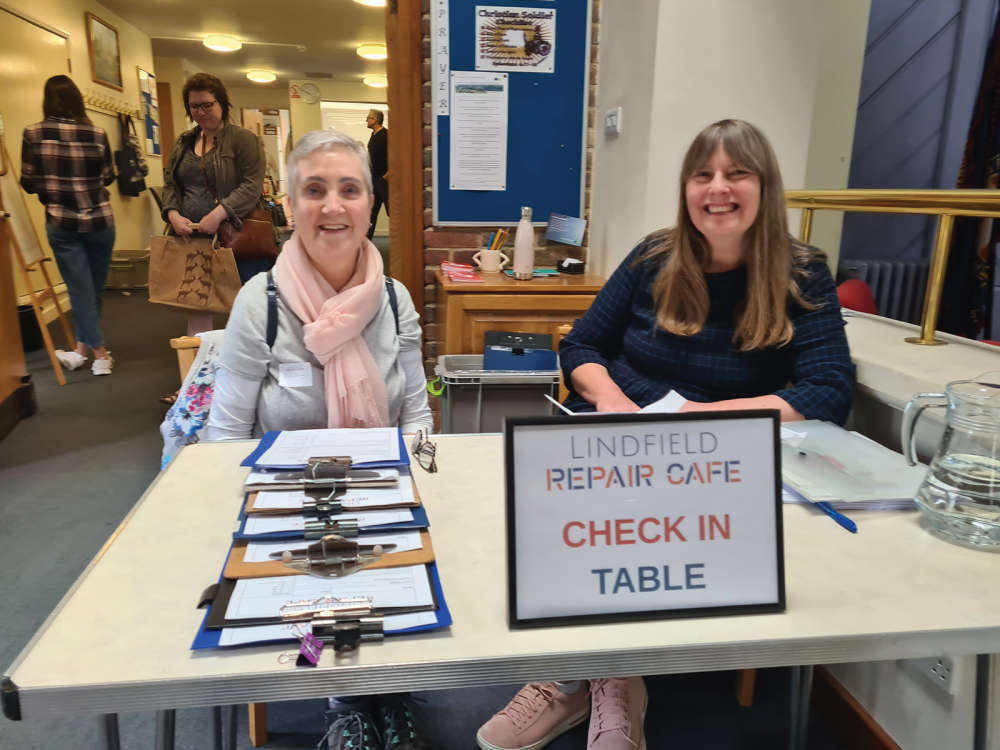 The Joy of the Repair Café
The Joy of the Repair Café
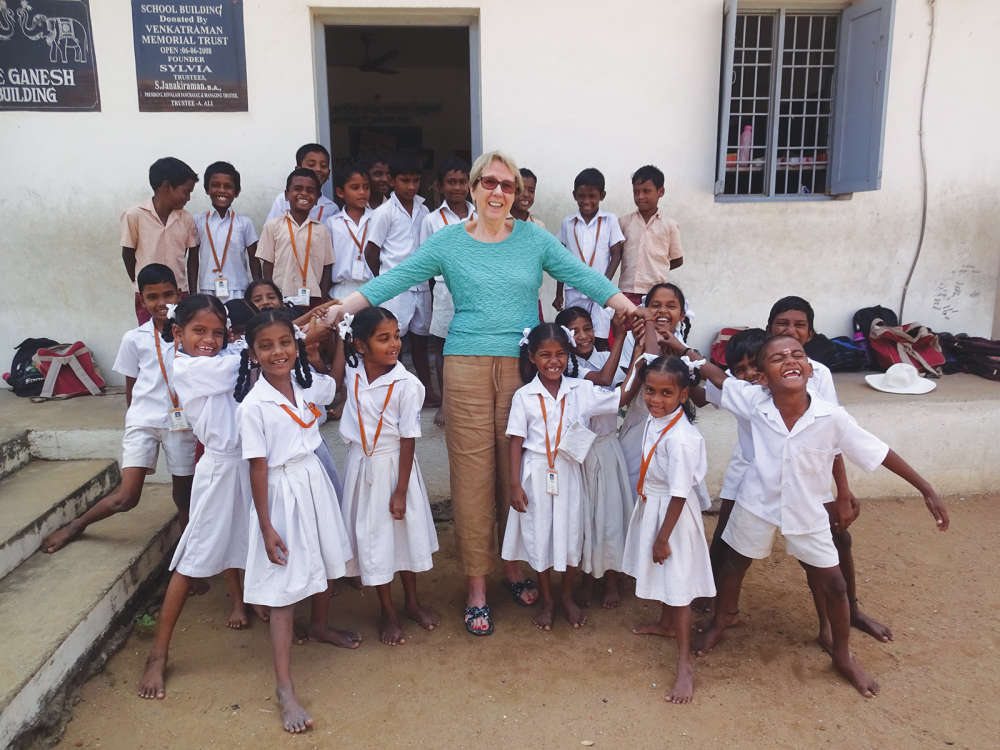 An Unlikely Retirement
An Unlikely Retirement
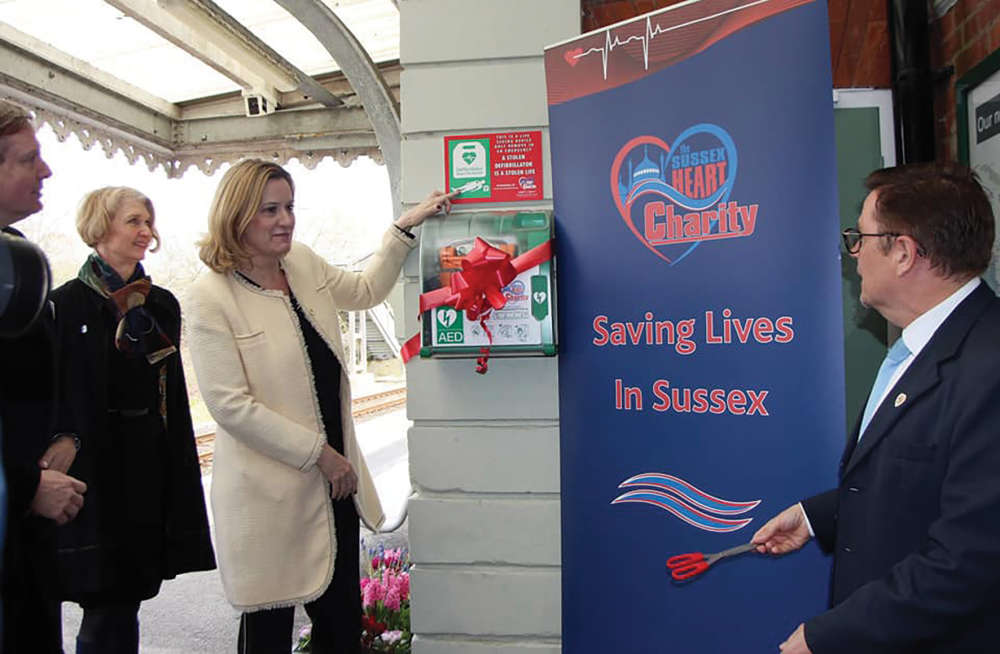 Matters of the Heart
Matters of the Heart
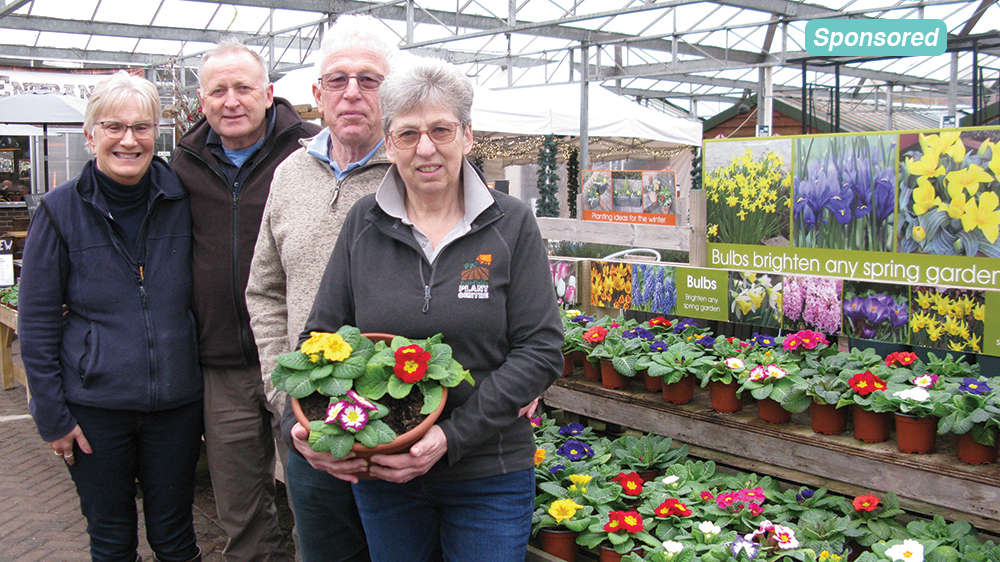 Rushfields: Celebrating 40 Years
Rushfields: Celebrating 40 Years
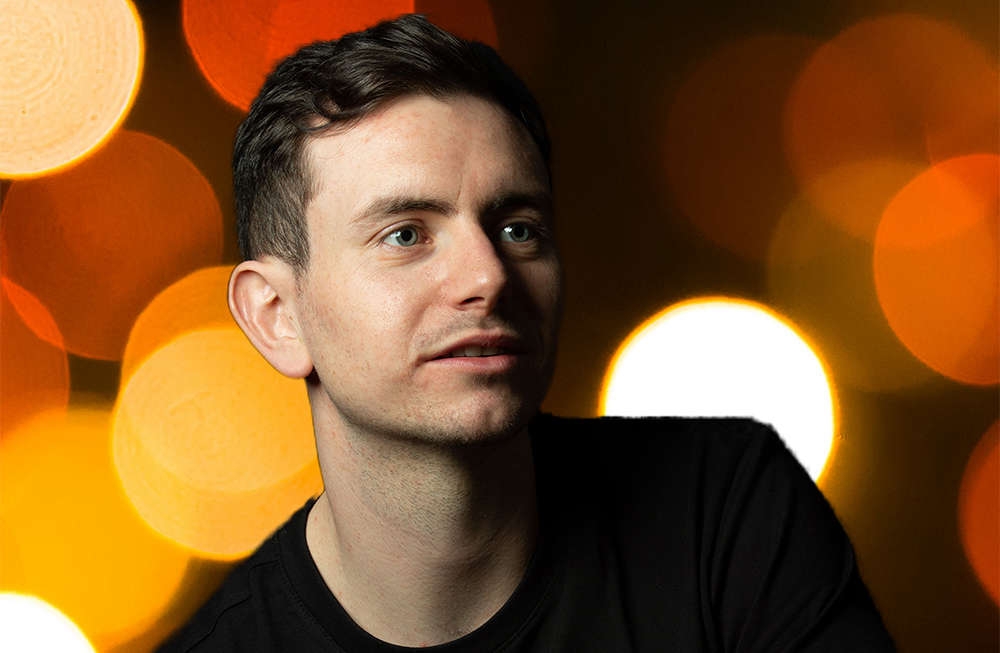 Interview: Comedian Connor Burns brings his Vertigo tour to Sussex
Interview: Comedian Connor Burns brings his Vertigo tour to Sussex
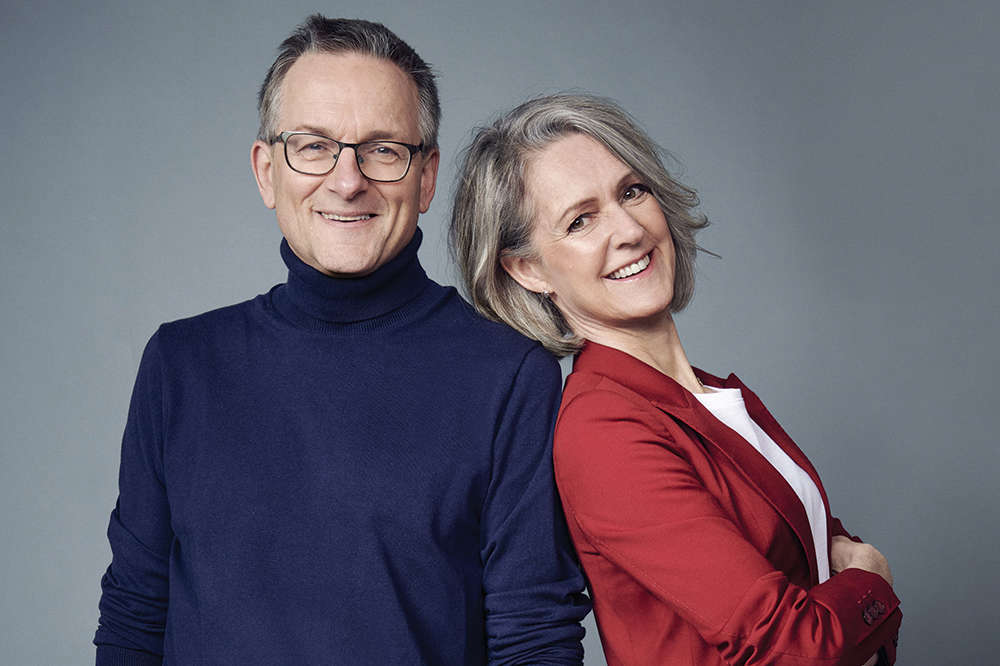 A Double Dose: Interview with Michael Mosley and Clare Bailey
A Double Dose: Interview with Michael Mosley and Clare Bailey
 You've Got a Friend
You've Got a Friend
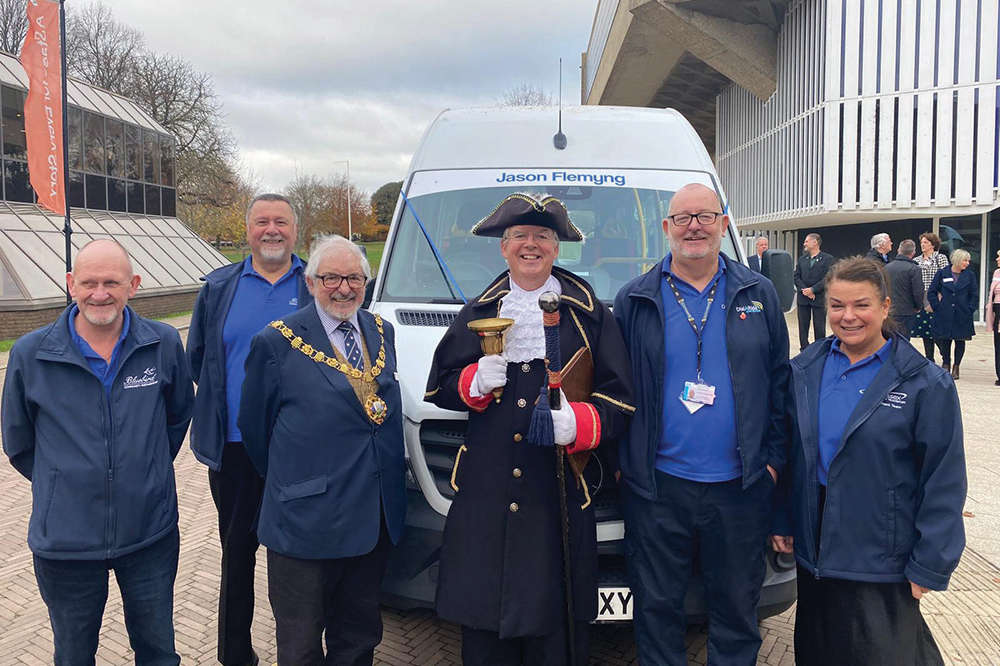 Charity: Community Transport Sussex
Charity: Community Transport Sussex
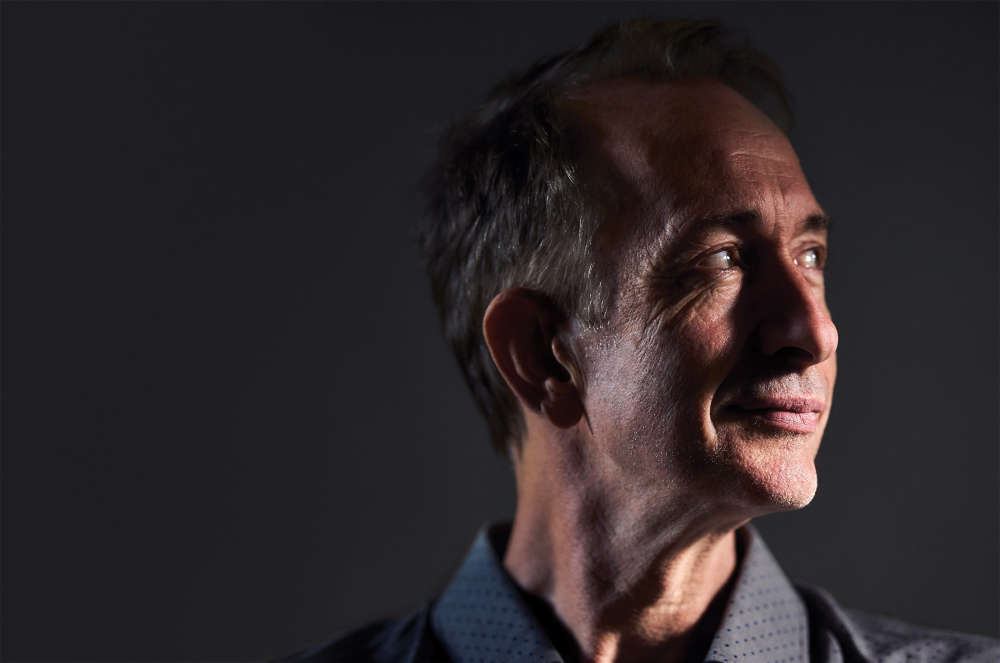 Mat Osman: A Record of Creativity
Mat Osman: A Record of Creativity
 Six Facts You Might Not Know About Robert Smith
Six Facts You Might Not Know About Robert Smith
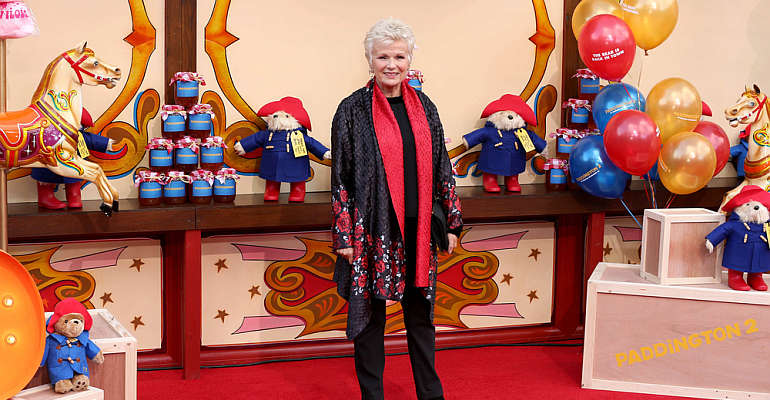 Six Facts You Might Not Know About Dame Julie Walters
Six Facts You Might Not Know About Dame Julie Walters